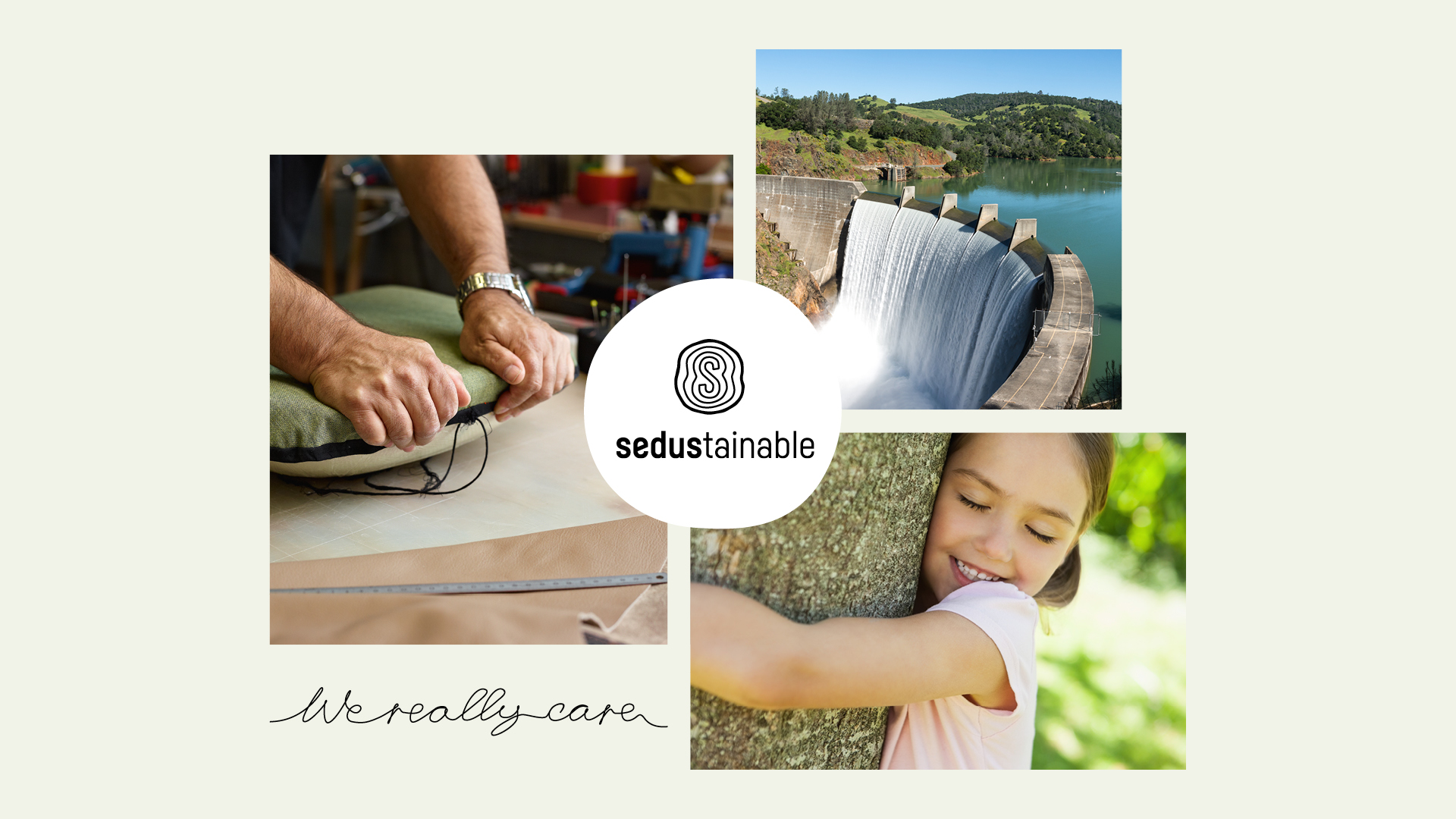What is the Science Based Targets initiative?
The Science Based Target initiative defines science-based emission reduction targets that support companies in making their contribution to limiting global warming. The initiative is supported by renowned organisations such as the UN and the WWF. Companies that commit to the SBTis undertake to reduce their greenhouse gas emissions along the entire value chain in a measurable and traceable way.
The impact on Sedus' climate strategy
The previous goal of achieving C0₂ neutrality at Sedus production and administration sites now also includes all indirect emissions along the value chain - from raw material procurement to product disposal. In addition, Sedus' climate strategy is reviewed by recognised external experts.
The commitment to short and medium-term targets was already a central component of Sedus' climate strategy. This is now being expanded to include long-term targets: the aim is to reduce direct and indirect emissions by 90% by the end of 2050.
In addition to the CO₂ neutrality target, the long-term goal is also supplemented by net zero. With net zero, the aim is to reduce the company's total greenhouse gas emissions to zero so that no more emissions are released that cannot be completely removed from the atmosphere.
"Sustainability is not a trend for us, but a central corporate principle. The commitment to the SBTi is a logical and necessary step to fulfil our responsibility towards future generations," explains Daniel Kittner, CEO of Sedus Stoll AG.

Clear roadmap for effective climate protection
In order to consistently implement the climate targets it has set itself, Sedus has developed a structured action plan that ranges from target definition to implementation and transparent reporting.
- Confirmation of targets: Analysing emissions data and setting specific targets for reducing greenhouse gas emissions (medium and long term)
- Implementation of measures: Identification and implementation of specific measures and projects to achieve the targets
- Monitoring and reporting: Regular monitoring and reports on the current status of progress

Added value through climate responsibility
The commitment to the Science Based Targets brings numerous advantages:
- Climate protection with substance: the targets are based on scientific findings and provide clear guidance for effective emission reductions.
- Sustainability as a decision-making aid: As environmental awareness is an important criterion for many customers when choosing products and partners, Sedus' clear commitment to sustainable action provides a trustworthy basis for decision-making.
- Transparency and credibility: The climate targets are externally validated by the Science Based Targets initiative. This creates maximum transparency and security.
- Future-proof: By adapting to future environmental standards and market requirements at an early stage, Sedus not only secures its competitiveness, but also a reliable partnership.
"Sedustainable" through and through
With "Sedustainable", Sedus has already proven that sustainability is not just a buzzword in the company. With its clear commitment to the Science Based Targets, Sedus is now taking another consistent step towards a climate-conscious future - in the firm belief that sustainable action today is the basis for responsible business tomorrow.
social media channels:


